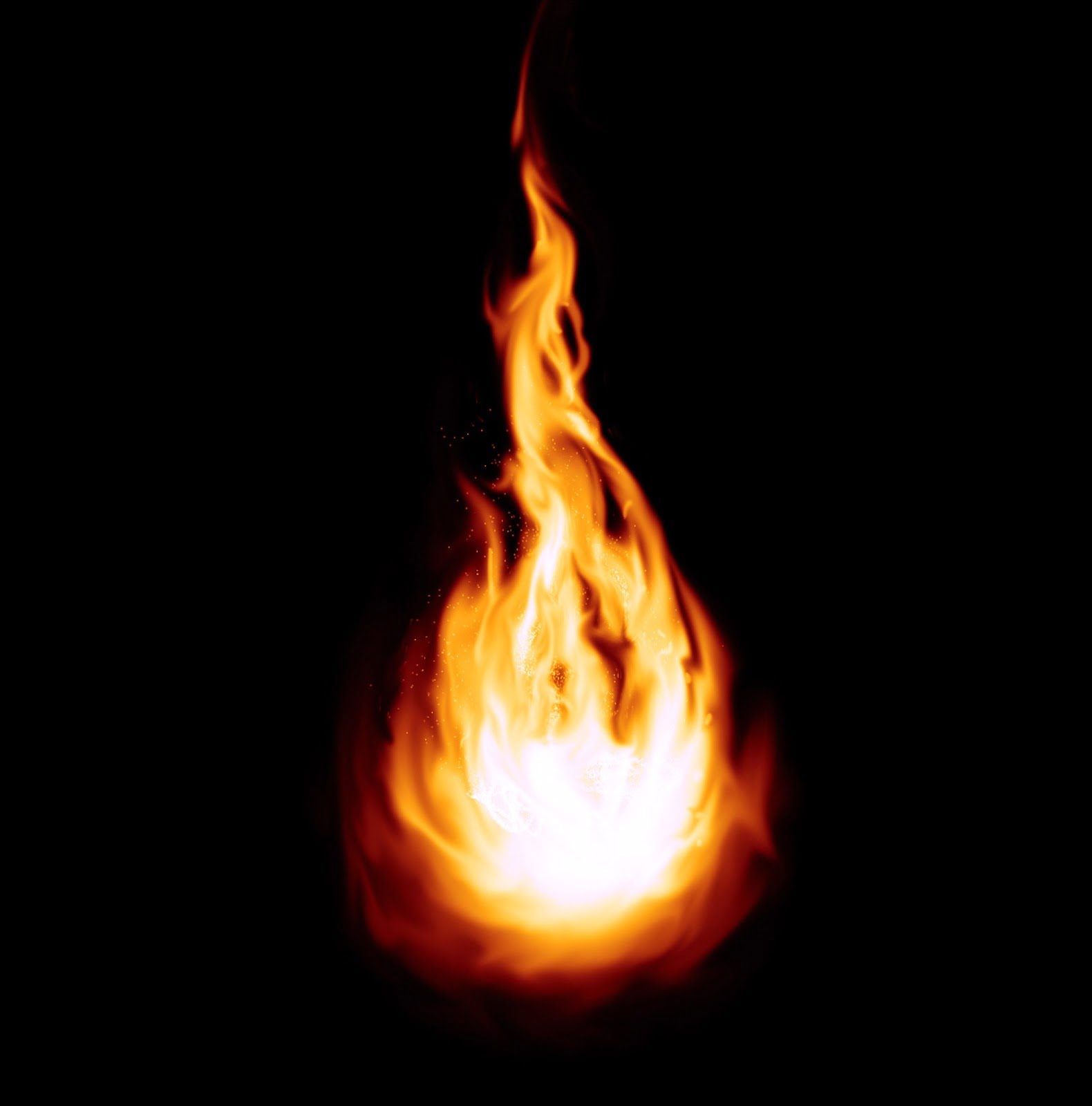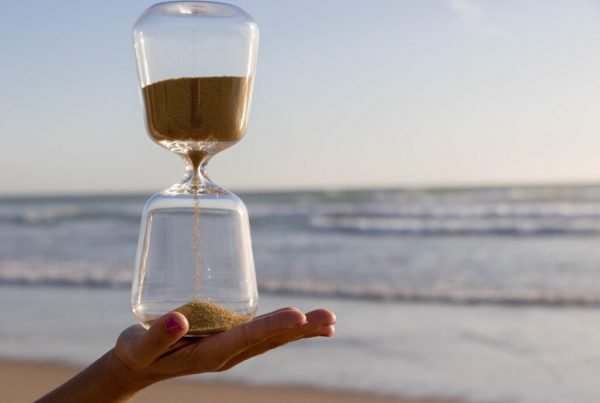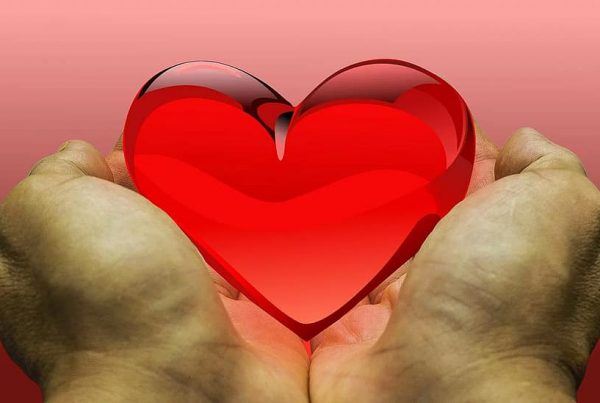It’s taken courage to actually post this and ultimately the driver has been the younger women in my life – those I work with at NSPR, collaborate with, partner with, socialise with. I want them to know, when the time comes that actually they aren’t going completely nuts.
I’m 52 years old and about 12 months ago I started getting hot flushes at night. They were at such a level I would wake from a deep sleep literally on fire. I felt claustrophobic and in addition to kicking the duvet off in some blind panic, I often had to sit up to cool myself down. Over the next four to five months they intensified to occur three to six times a night, often also involving hot sweats. It’s been so bad that in addition to a fan, a cooling cloth by my bed, water to drink, a cooling spray with lavender and standing by an open window letting the breeze cool me down – I have even been known to disappear in the middle of the night for a swim!
Yes yes yes…I know I was going through perimenopause and now menopause, as it is formally labelled, I totally get that it is part of life – mid-life. But what has struck me is how it has affected me.
Normally a morning person waking before a 6.30 alarm – now with constantly waking from a deep slumber to a panic-stricken fire ball…I started to sleep right through it.
This is not me!
I am a high performing managing director of a company, who regularly exercises, is organised and has a memory like an elephant. I became that person who was constantly yawning, had dark rings under my eyes, lacked energy to exercise, socialise, communicate, forgot people’s names and things I was supposed to do. I even started questioning whether I had the skills to deliver and felt incredibly anxious about crazy stuff.
A visit to my doctor was next on the list but there’s a limited amount they can do until you’ve stopped menstruating for at least 12 months…I noted the date in my diary of my last period and started counting. 365 days gave me plenty of time to research the topic of peri-menopause and menopause, and it’s reasonably depressing! Whilst very much dependent on the individual, menopause can go on for years and outside of hormone replacement therapy – not much else works.
I’ve listened to podcasts, BBC Women’s Hour specials on the topic, read countless websites, tried teas, potions, lotions, taken natural tablets backed by scientific evidence, done yoga workshops designed specifically to support women at this time of life, gave up alcohol, drunk more alcohol, changed my diet, went to bed earlier, went to bed later and…none of it worked.
I was at the doctors literally the moment my 12 month period free anniversary popped up on my diary!
Having researched everything I could about hormone replacement therapy (HRT), I made the decision it was made especially for women like me. The bad press HRT had suffered, disadvantaged a generation of women who were advised against taking it, but it was unfounded and that particular study that had galvanised the world, was dismissed as misleading and inaccurate. The power of PR huh – how ironic!
Now two months in, whilst I am still consulting with my doctor on the dosage, the flushes have completely disappeared, and sleep is starting to invade my body again. I wake naturally more often now, and on those days it’s obvious as I have a massive smile on my face.
Ask anyone in my life and I am still a bit forgetful on names but that feeling of dropping balls, that lack of confidence, the anxiety – about something I couldn’t pinpoint – has thankfully dissipated.
So to all the young women yet to face this, and those of you that are currently going through it – here is my advice:
- If you don’t have a good doctor that specialises in women’s health, find one.
- Don’t be embarrassed about it. A hot flush is not something you can control – trust me, I have tried SO many times. Just call it out, especially when it happens in a meeting or a tricky situation. Give yourself permission to get a drink, move to a window, take off a layer of clothing, visit the bathroom – do what you need to do.
- Take the time to educate the men in your personal and working life. Why? Because they can’t support you if they don’t know what’s going on.
- And most importantly, talk to your friends, your colleagues, older women who have been through it – talking about it normalises it and while it might not change what you are experiencing, it does make you feel better because you realise it isn’t you, it’s those damned hormones!




